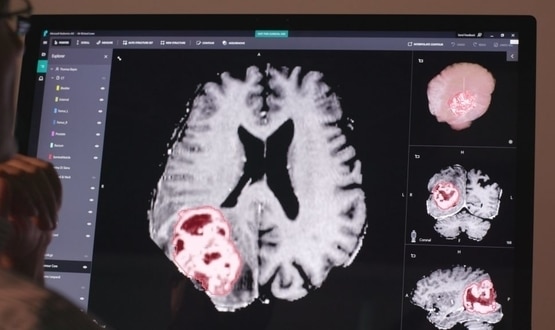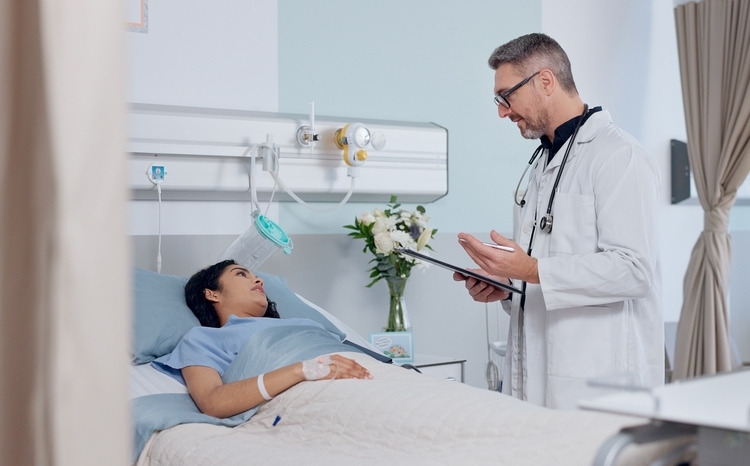Microsoft to drive ‘intelligent health’ with new AI, cloud computing projects
- 5 March 2018

Microsoft has announced a slew of projects aimed at helping global healthcare providers harness the power of artificial intelligence and the cloud.
The computing company said it wanted to help speed up innovation in the healthcare sector by providing clinicians with “intelligent health” tools that drive interoperability, while allowing for more face-to-face time with patients.
Amongst the announcements is the launch of new collaboration tools for health workers within Microsoft 365 and the development of an artificial intelligence (AI)-driven clinical platform that listens to and transcribes doctor-patient interactions.
Called Project EmpowerMD, developed in collaboration with University of Pittsburgh Medical Center (UPMC), the platform leverages Microsoft’s speech-to-text and natural language engines to record speech data, the primary aim of which is to enable hands-free note taking.
According to the project’s information page, Microsoft’s ambition is to develop “a learning system that incorporates data from longitudinal medical records, medical devices, genomics, population health, research papers, and more.”
Additional AI projects noted by Microsoft include the expansion of the company’s AI Network for Healthcare, which is being developed in partnership with India’s Apollo Hospitals and seeks to create new machine learning models for reducing the risk of cardiovascular disease in patients.
Microsoft also announced new integrations with TeraRecon and Intuitive Surgical for Project InnerEye, a machine learning-powered medical imaging initiative.
Elsewhere, Microsoft is expanding the availability of its HIPAA/HITRUST- certified security and compliance blueprint for Microsoft Azure to help care providers move health data into the cloud safely.
Microsoft Genomics has also been made generally available to healthcare providers.
The announcements come ahead of the annual HiMSS health conference, which has started today in Las Vegas and ends on Friday.
Writing on the company’s blog Peter Lee, Microsoft’s corporate vice president of AI + Research, said: “Clinicians and care teams are yearning to swivel their chairs from the computer and pay more attention to the patient, yet still they spend two-thirds of their time interacting with burdensome IT systems.
“Providing cloud and AI-powered tools will unlock the vast potential at these points of convergence. It’s why our focus is threefold: developing foundations for precision health care, enabling the health industry’s move to the cloud, and empowering the people that make healthcare work.
“Our ambition is that innovators will be able to use AI and the cloud to unlock biological insight and break data from silos for a truly personal understanding of human health and in turn, enable better access to care, lower costs and improved outcomes.”
Aside from AI, Microsoft has also delved into the world of mixed reality in health care and surgeons at Imperial College Healthcare NHS Trust have started using the technology to look inside patients before they operate on them, in an effort to make procedures safer and more time-efficient.





